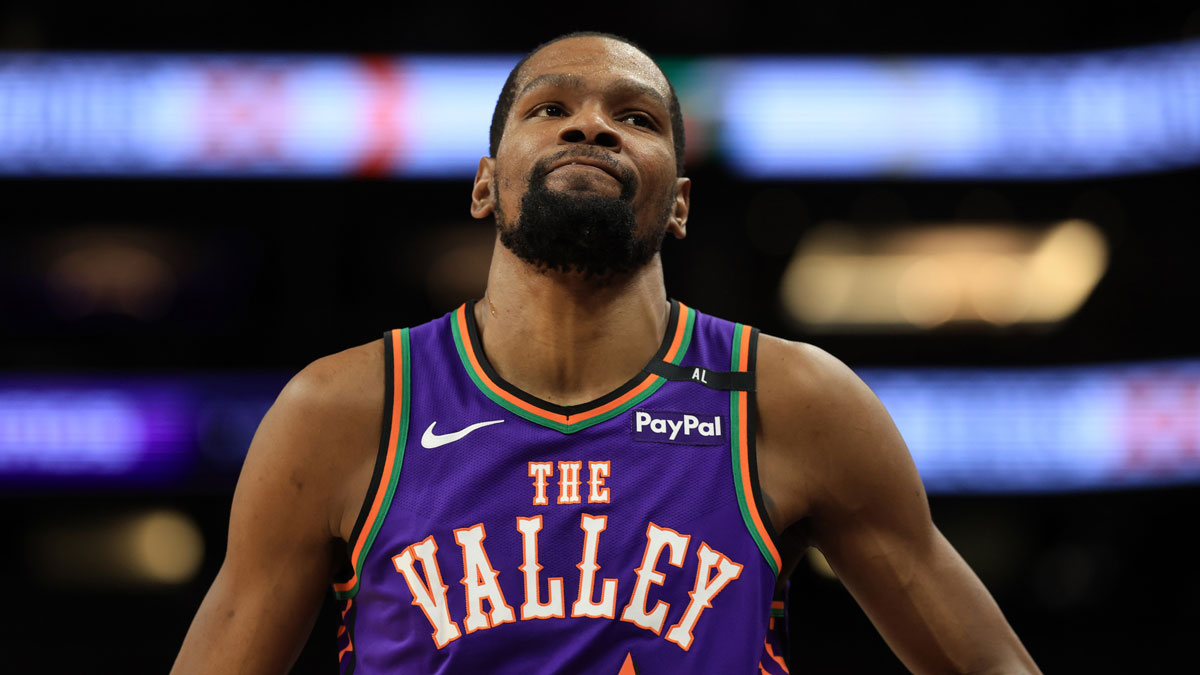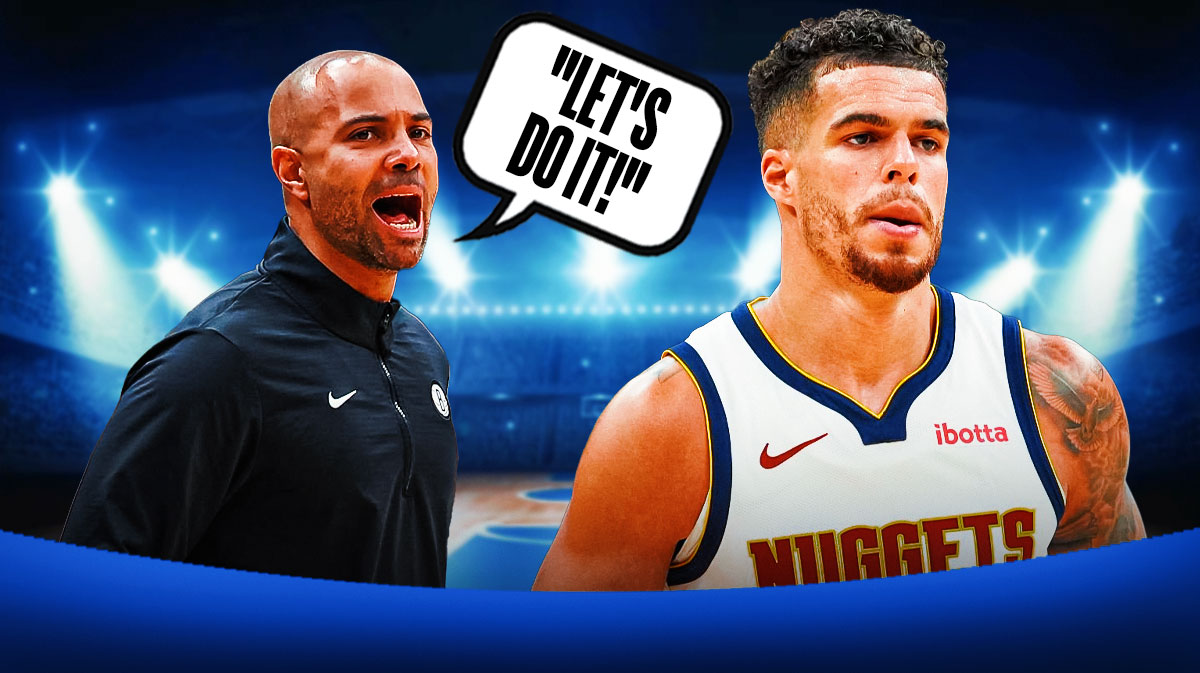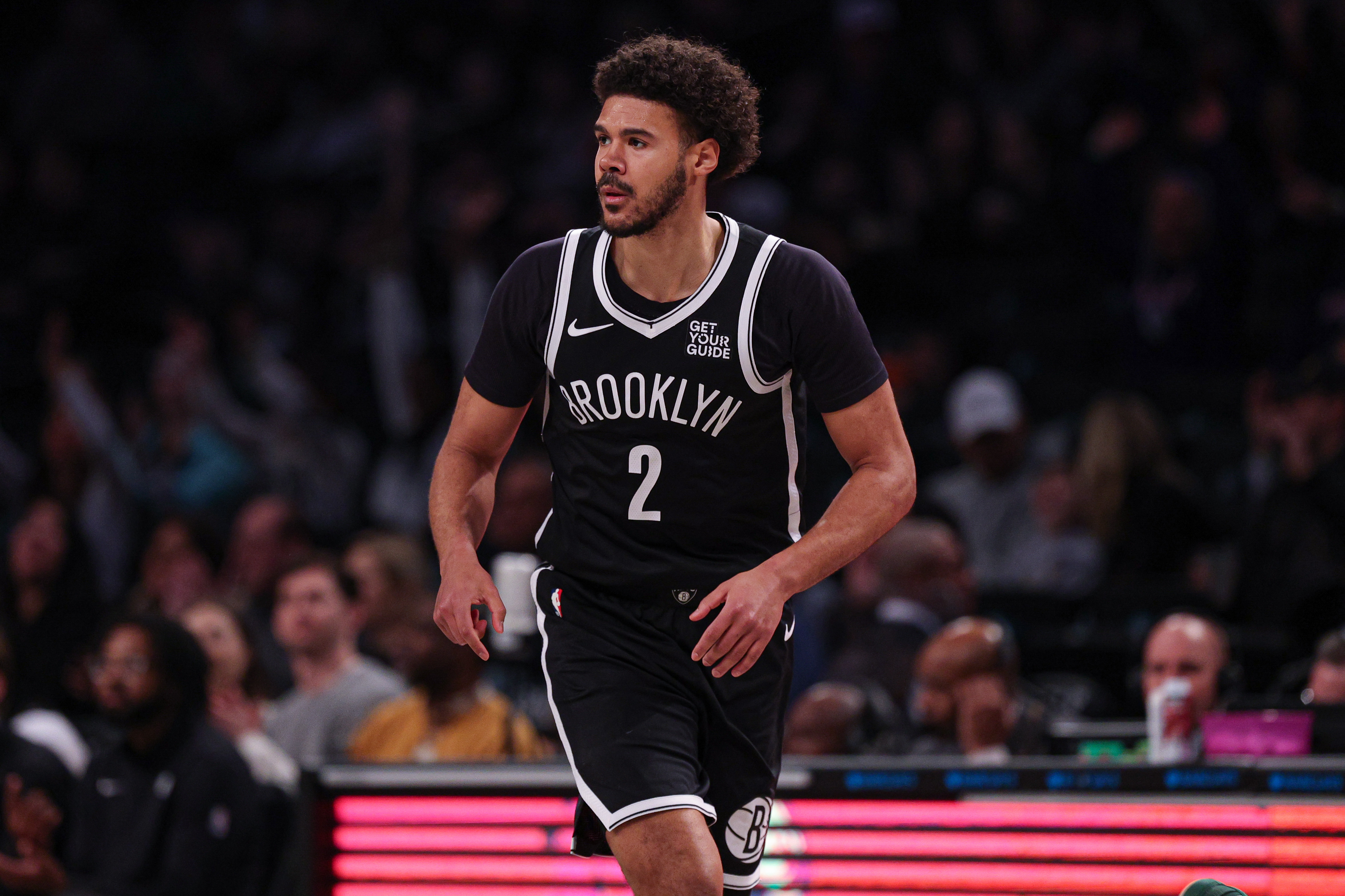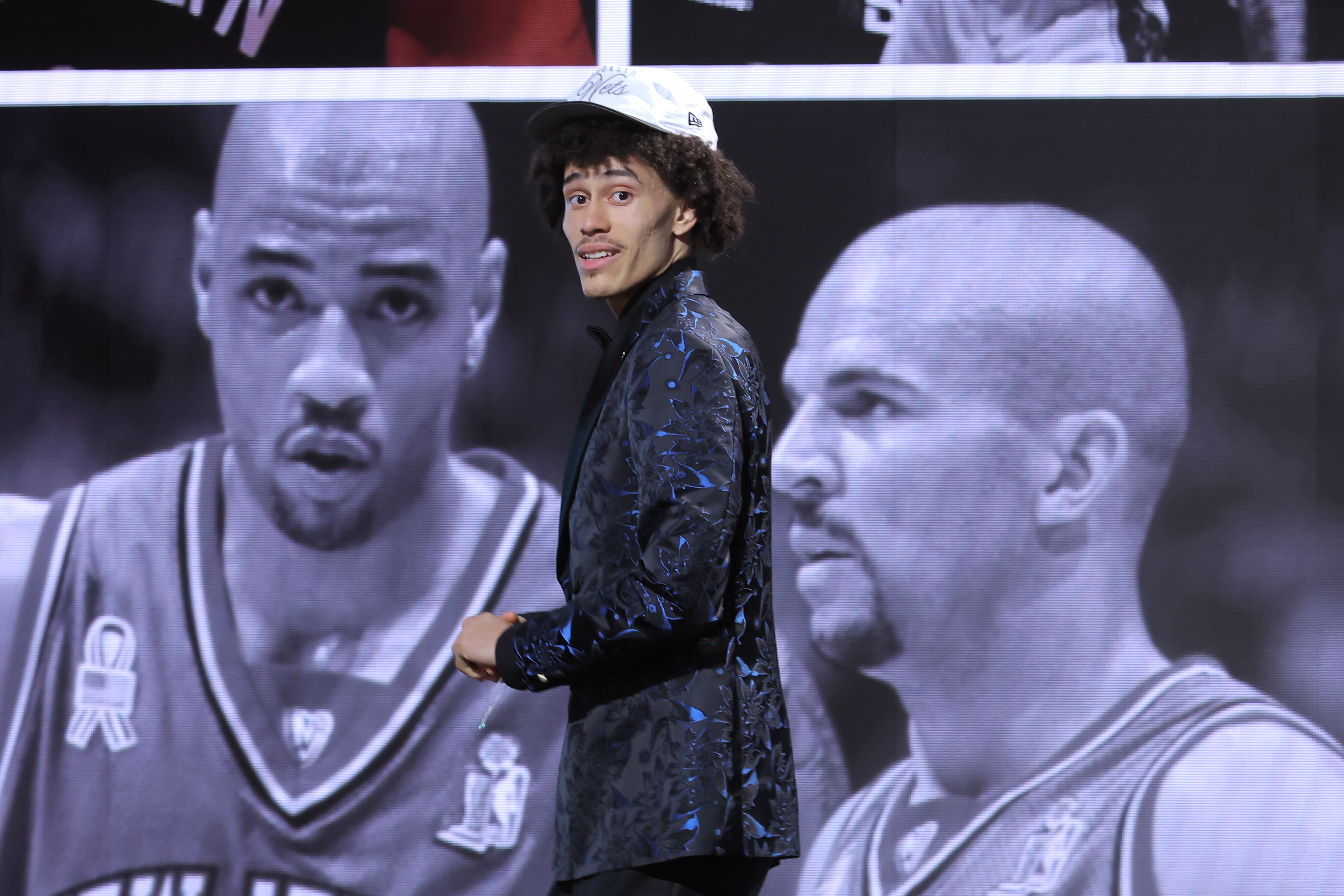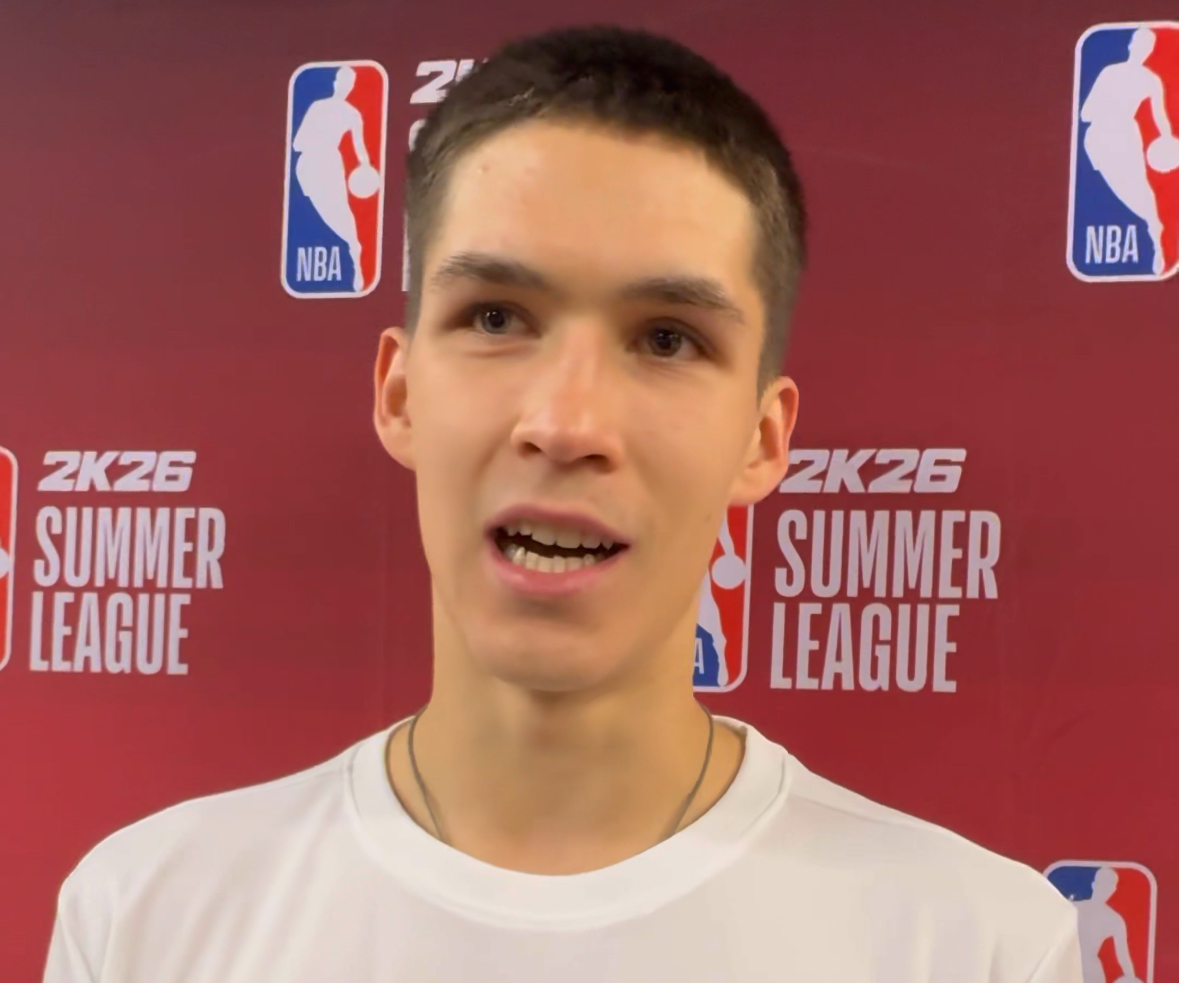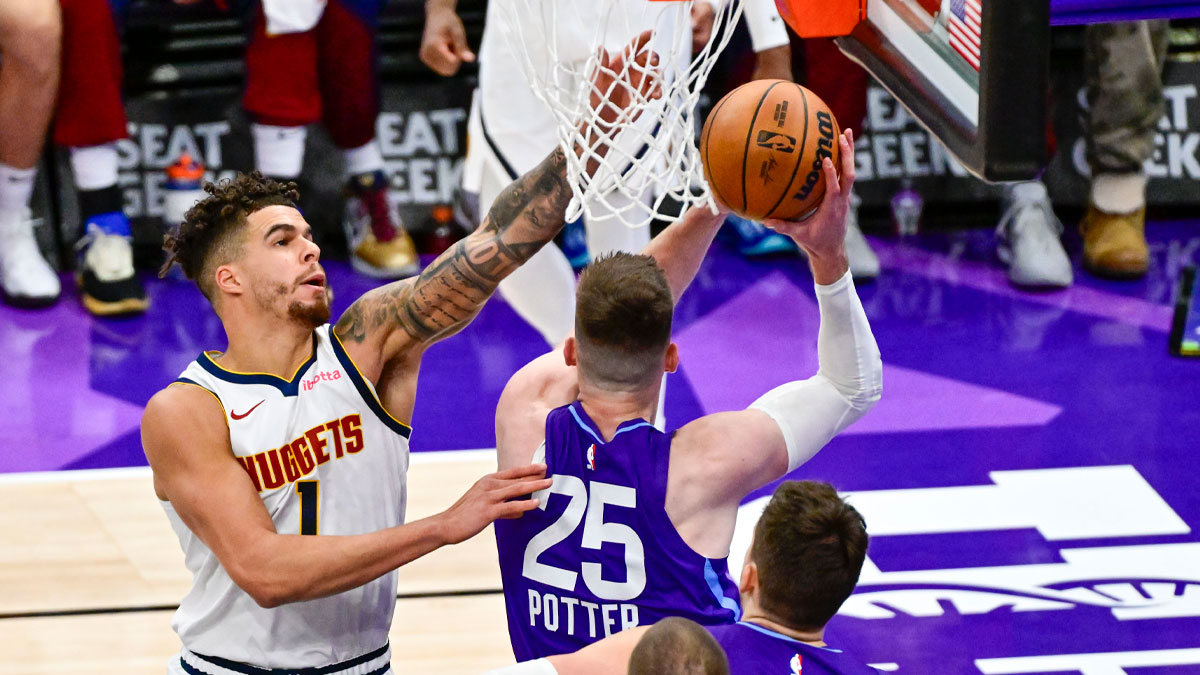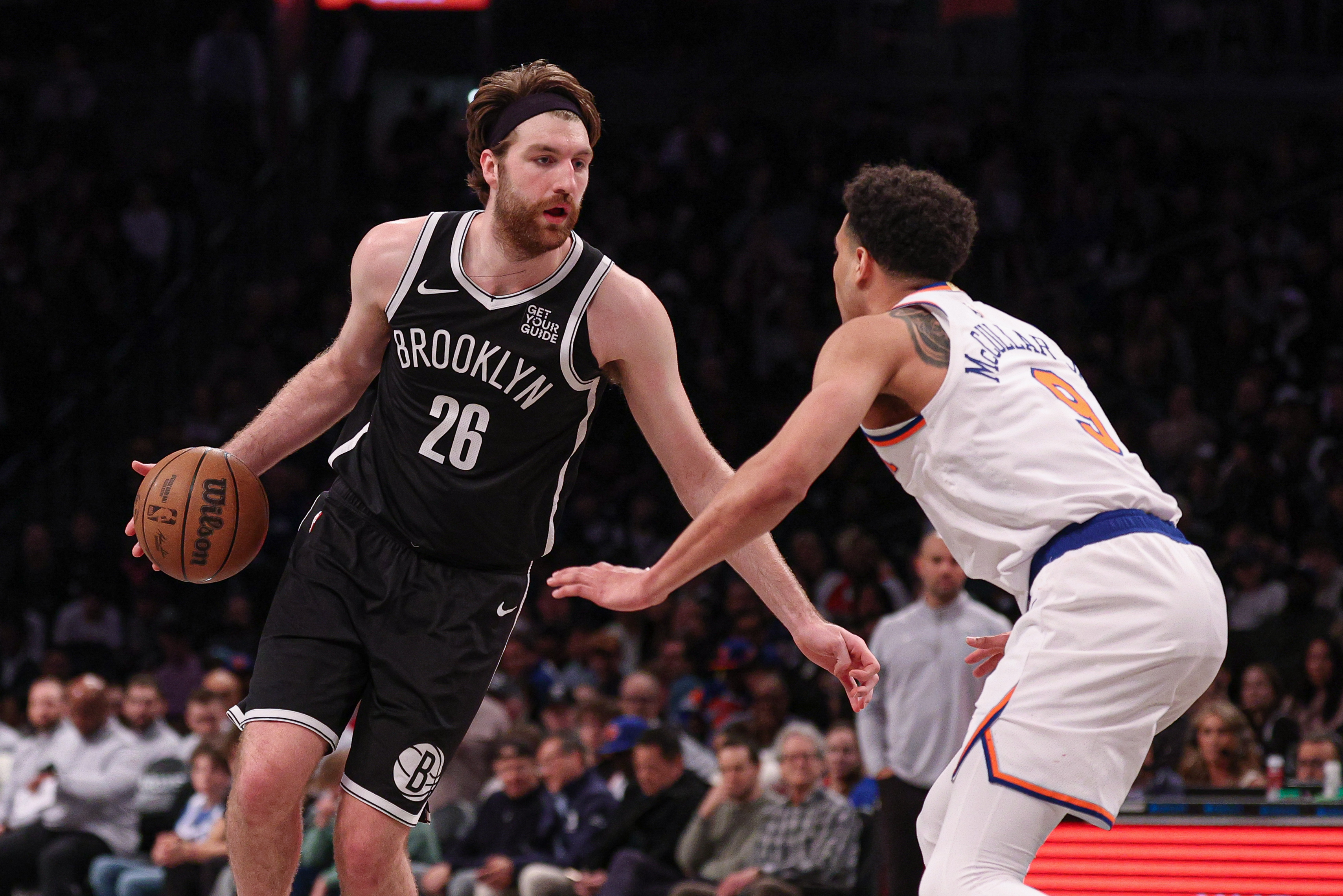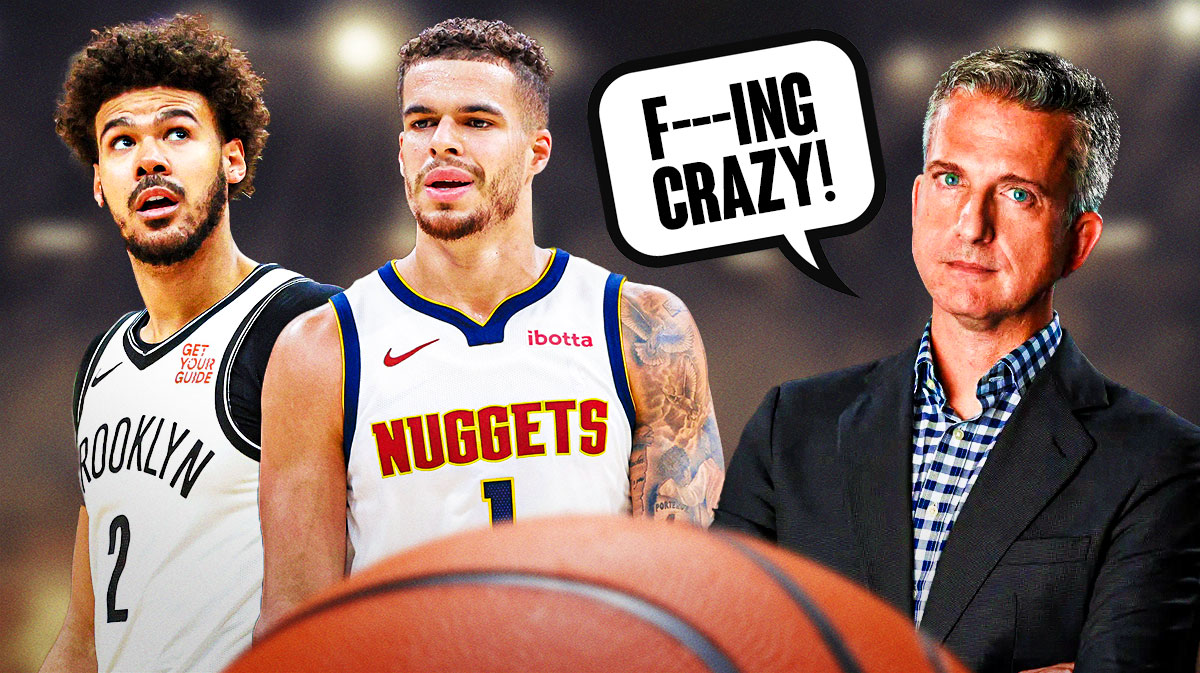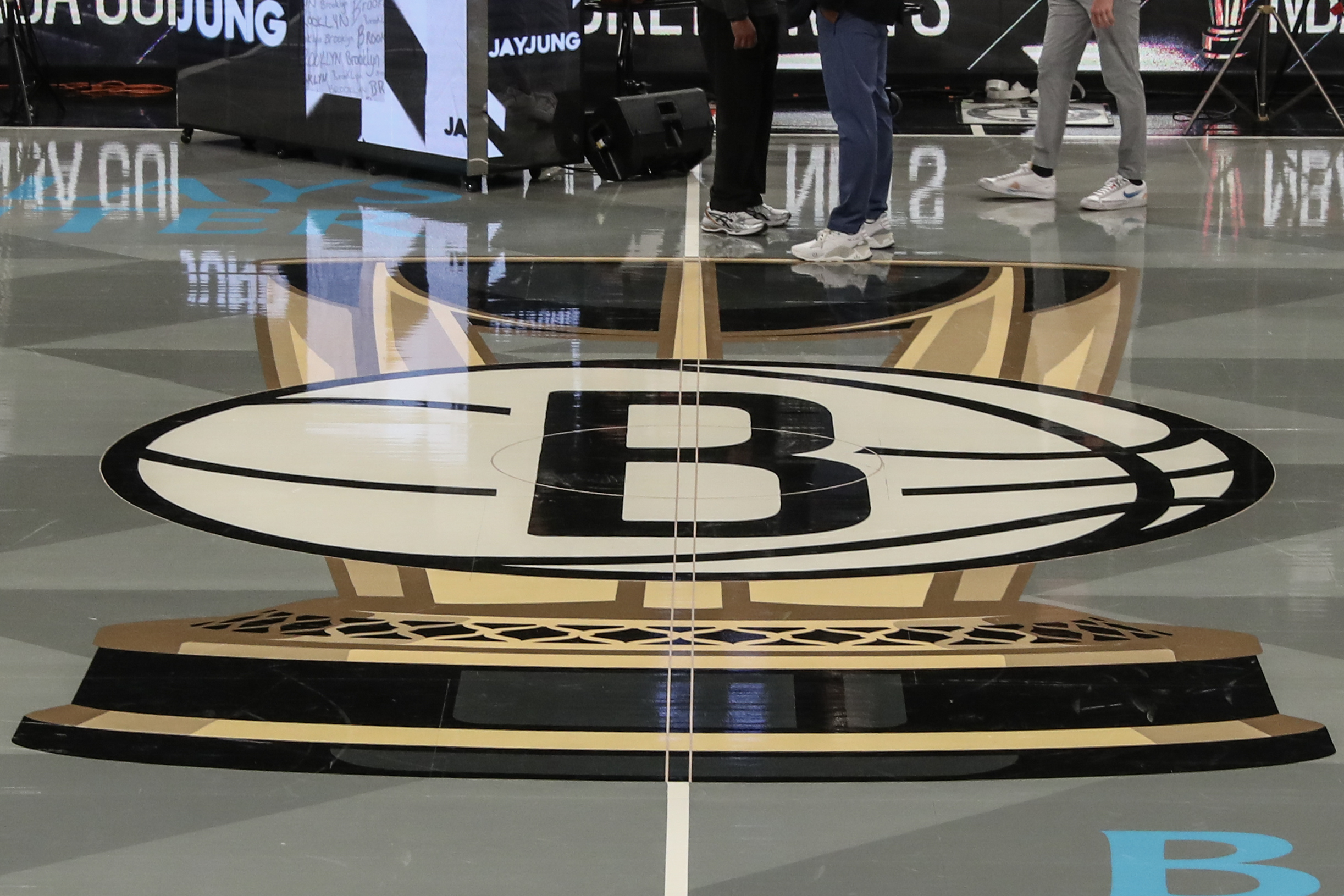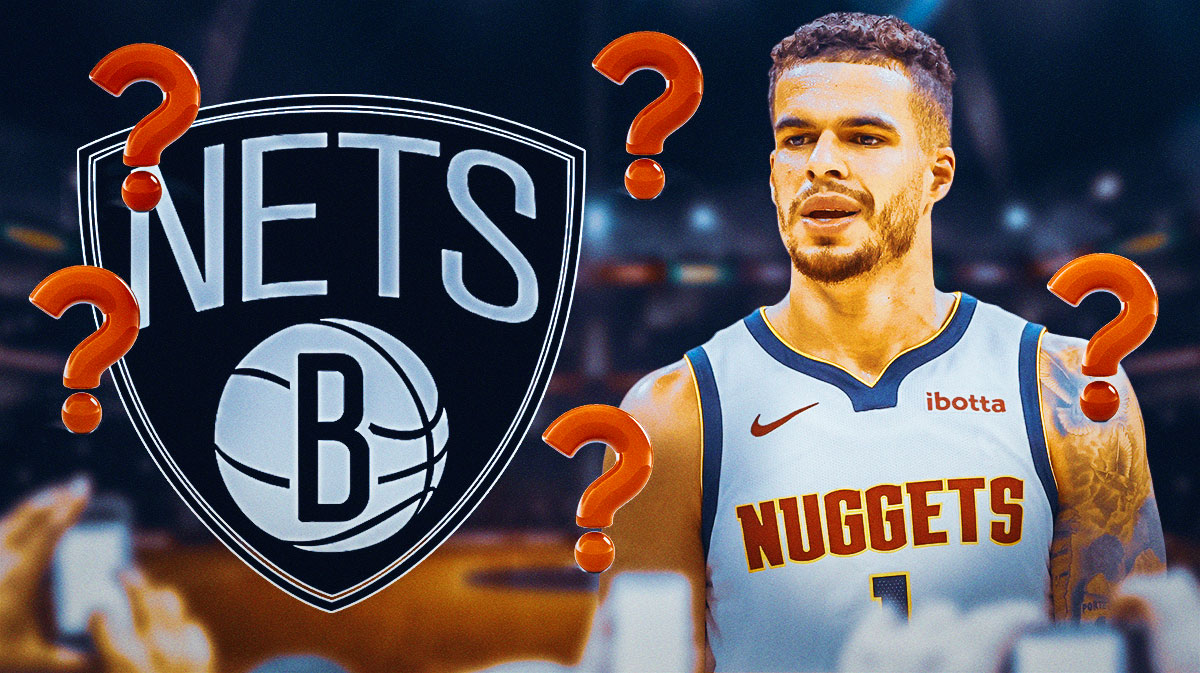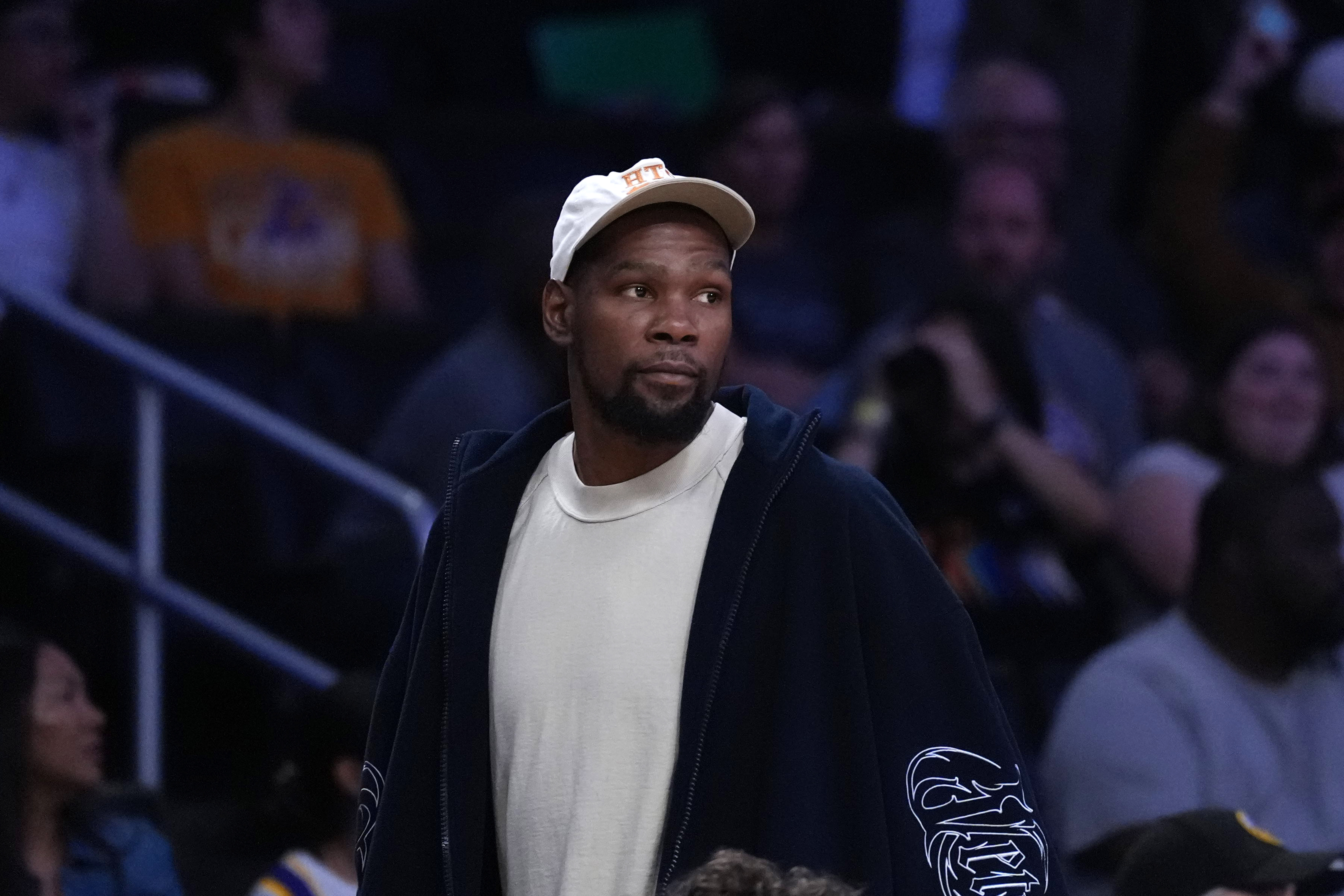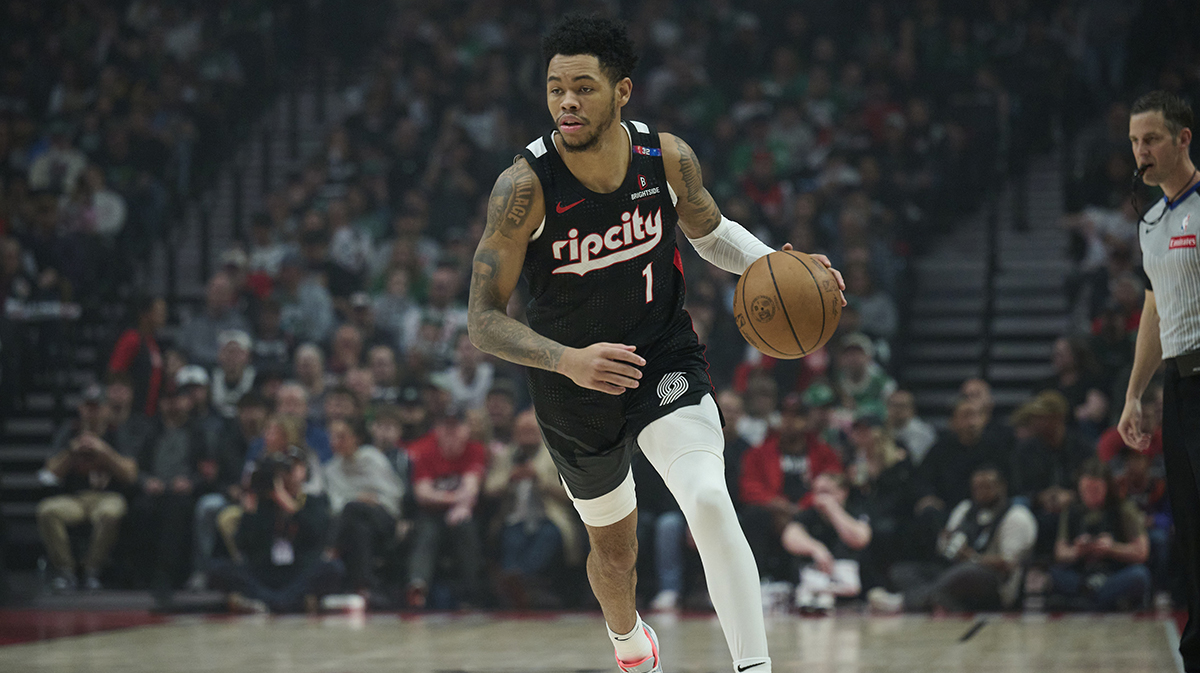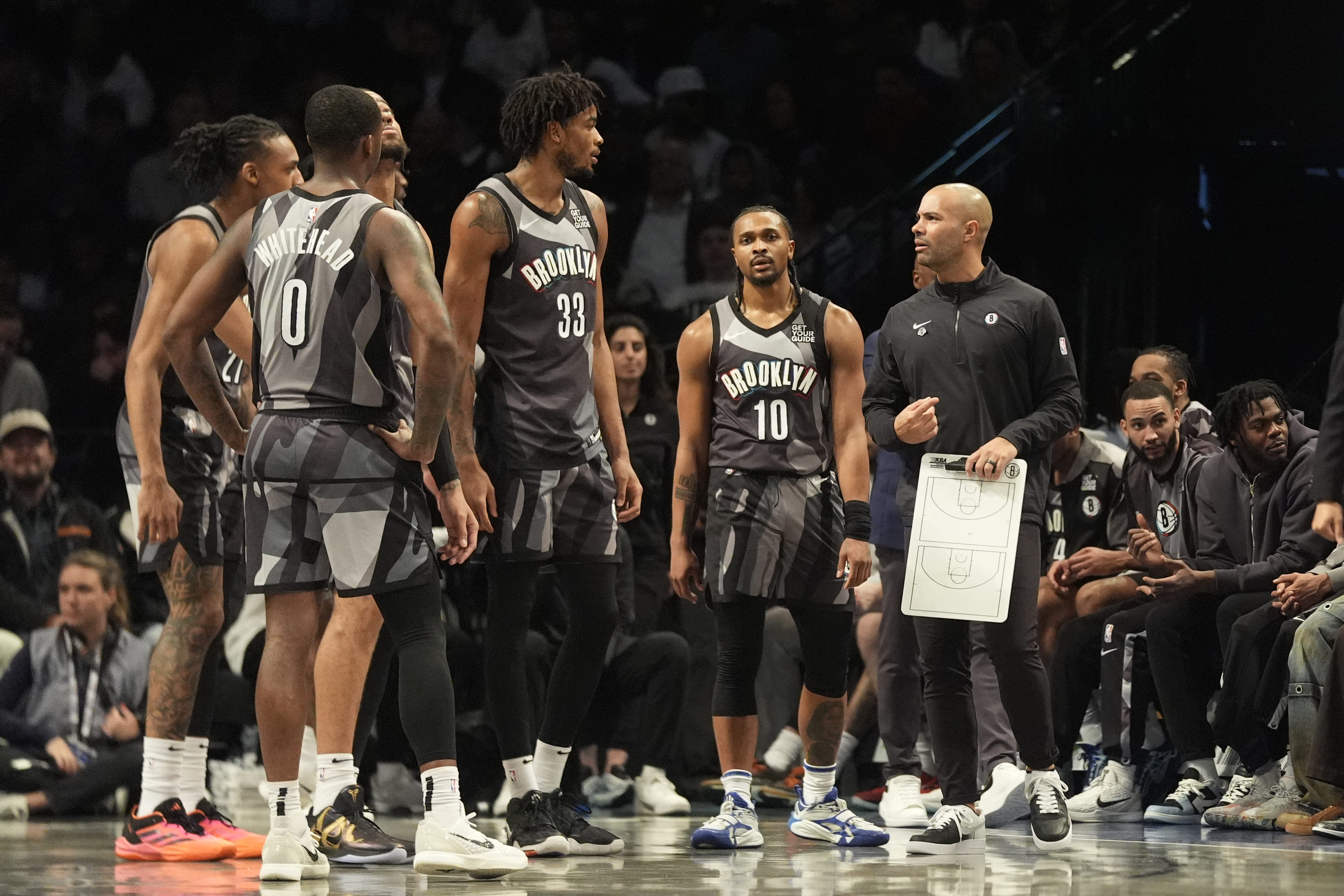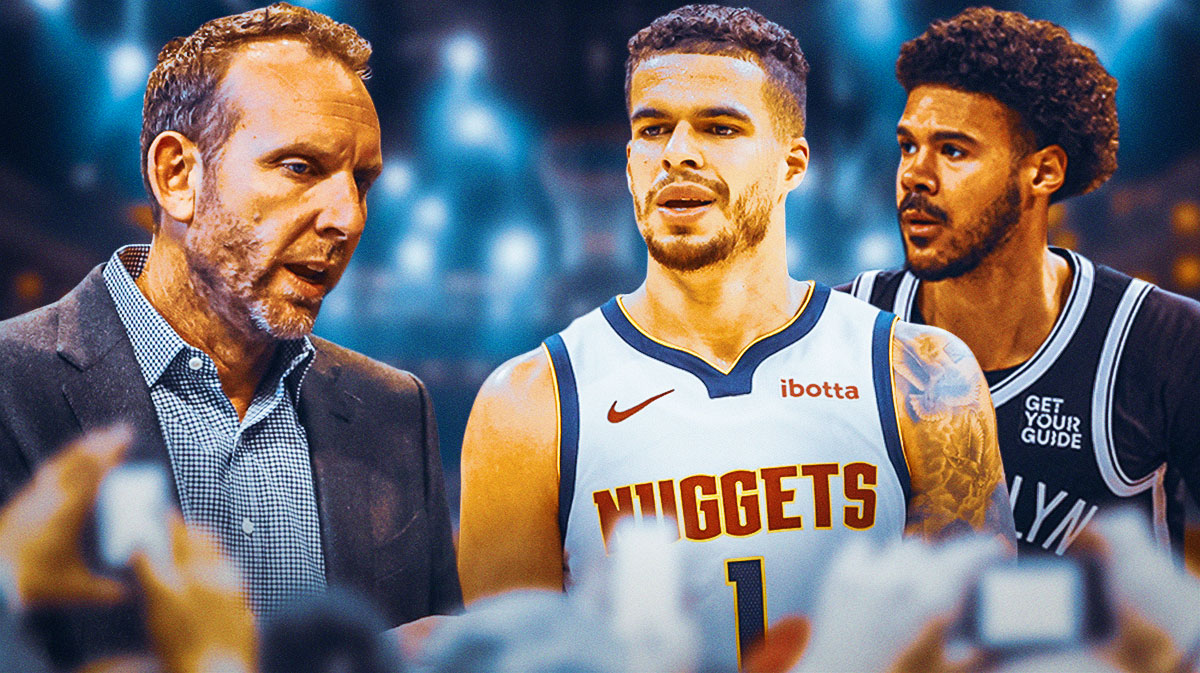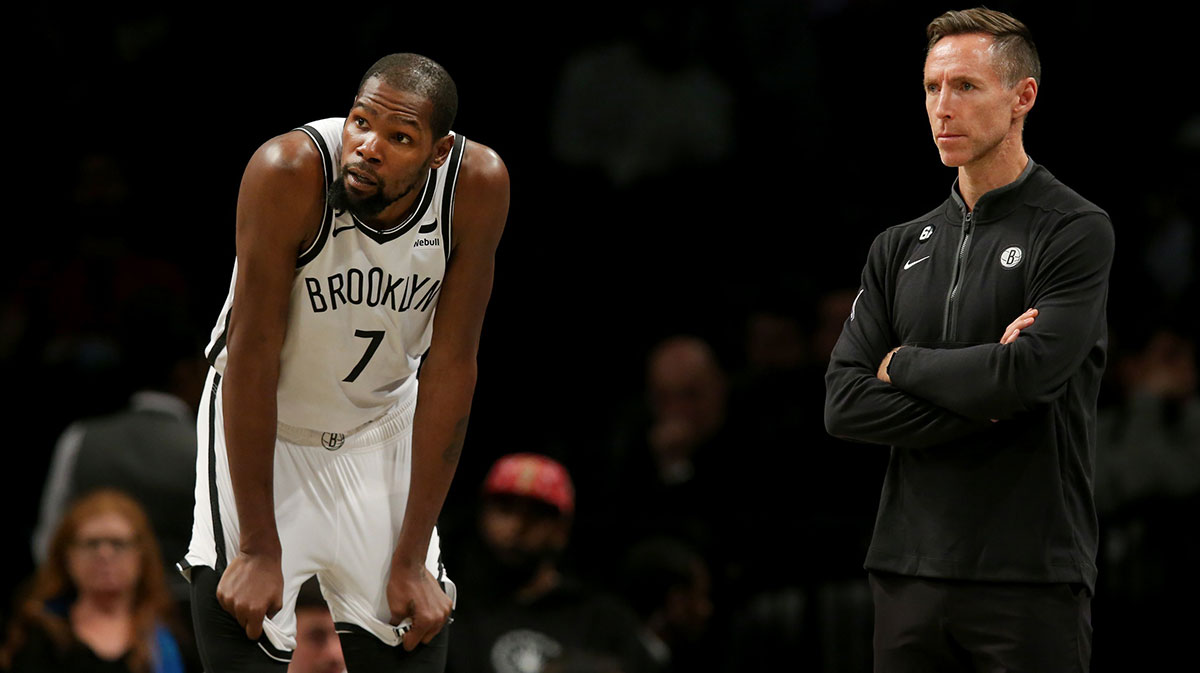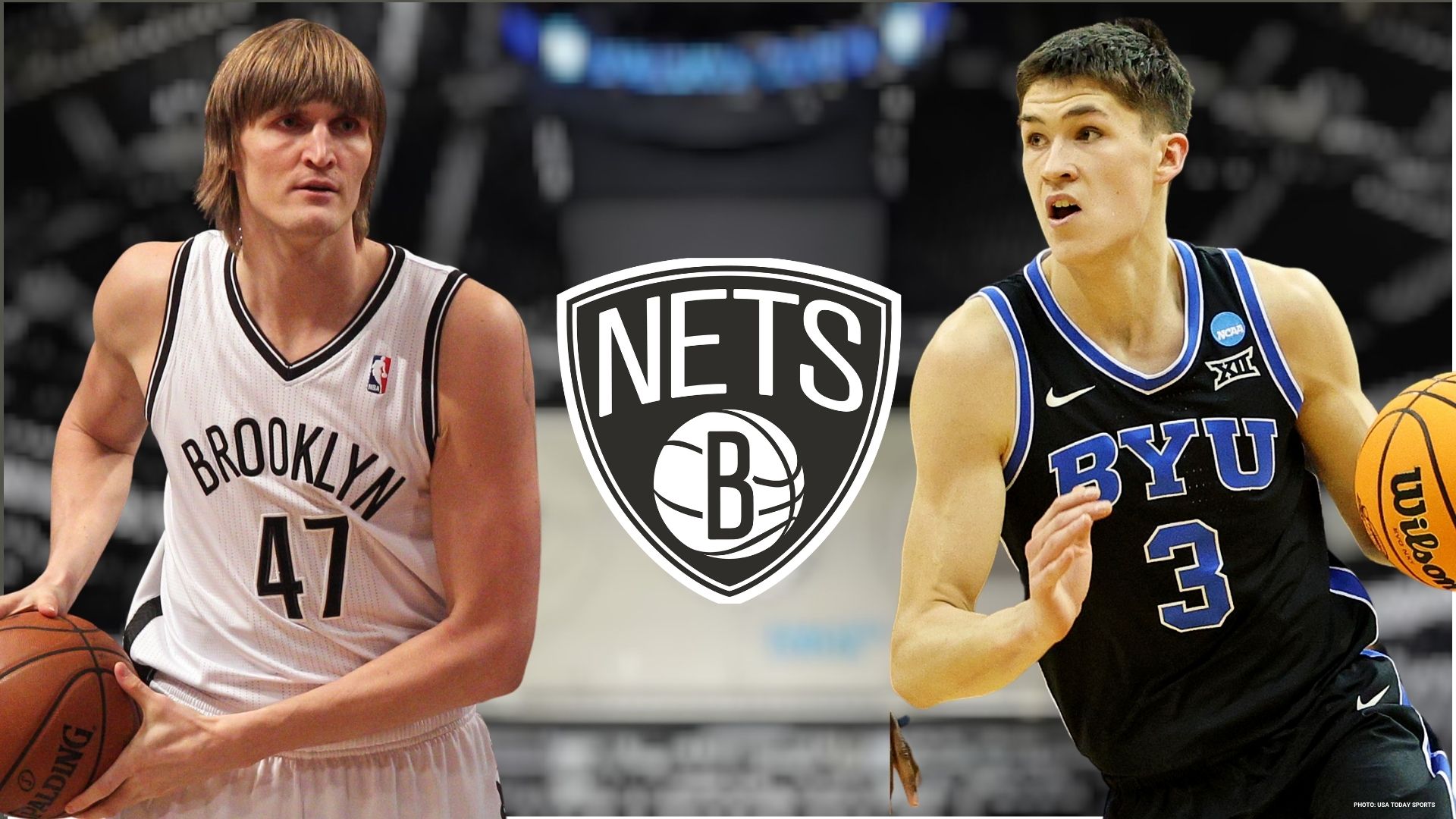For a future Hall-of-Famer, Kevin Durant's legacy has become cloudy over the past few years. He's become one of the more (or most) outspoken players in recent memory as he's verbally combated fans, retired players, and opposing coaches alike. Now, Durant finds himself more than a year removed from an Achilles tendon injury that saw him miss the entirety of the 2019-20 season.
He's drawn criticism from his decisions in the past, such as deserting a duo with Russell Westbrook in Oklahoma City to team up with the Golden State Warriors that'd just put them out of the playoffs the prior year. He's created burner accounts to often provoke a number of fans across the NBA world. Yet none of those define his success.
For all it's worth, Kevin Durant's decision to partner up with Stephen Curry and company in the “Bay Area” will be criticized until the end of time. Be that as it may, that move bought Durant two championships, something he didn't possess prior to becoming a Warrior. He's achieved and broke numerous records during his career from league scoring champion to breaking franchise scoring records.
So after looking at some of the misfortunes of Durant's career, some of which he caused, one must ask a simple question: How many MVP awards should Durant have at this point of his career?
In six years since his first MVP with the Oklahoma City Thunder, the case could be made that Durant should have at least three.
In the years prior to 2014, there was just not enough of the pie to go around for James Harden, Westbrook, and Durant. All have polished their respected games in recent years to become MVPs. Following his 2013-14 season, Durant has never had a season where he averaged less than 25 points and six rebounds a game to date. For a better understanding as to why Durant hasn't returned to that MVP status despite his Achilles injury, examining the Oklahoma City 2013-14 roster may give us answers.
In that season, the Thunder were ranked sixth in offense and sixth in defense as well. The roster was composed of a few determined youngsters such as Durant, Westbrook, and Serge Ibaka. Harden had recently departed the Thunder via trade a season ago, giving Durant more opportunity at scoring practically at will. In fact, his scoring jumped from 28.1 points (2013) to 32 points (2014) a game. Former head coach Scott Brooks had zoned in on the continued development of Durant and Westbrook in terms of forming them into one of the league's most dangerous duos.
Though Westbrook's shooting hadn't evolved as hoped, he fine-tuned his playmaking game, averaging nearly seven assists per contest. Limiting his shooting maximized Durant's shooting from the perimeter and beyond. Westbrook evolved into a playmaker that could slash at will to the basket while drawing contact. He formed into a solid costar alongside Durant, averaging 21.8 points per game that year.
Contrary to belief, Westbrook's style of play may have helped define Durant's MVP status. Going from a team where Westbrook was the next best scorer to a team full of scorers with the Warriors created a vast difference in Durant's scoring prowess on some nights. Westbrook only attempted 4.7 3-pointers per game in 2013-14. When fast-forwarded to the 2016-17 season, Durant now shared the court with Stephen Curry and Klay Thompson, a pair of revolutionary shooters that averaged at least 18 3-pointers a game. Durant's attempts, along with his makes, reasonably decreased.
The narrative that's been created throughout time is that the most valuable player is one that carries a team to wins and overall makes the team significantly better when on the court. In Oklahoma, Durant clearly elevated that club to contender status while being a few pieces removed from possibly appearing in the NBA Finals once more as they did in the 2011-12 season. In Golden State? That case may be harder to argue, coming onto a team that'd previously won the championship two years prior.
Kevin Durant's quest for another or multiple MVP awards isn't over. He's only 31-years old. LeBron James has proved the last few seasons that even the older veterans can compete for the award. His age also may benefit him, as with age comes experience. After sitting out a year, Durant's had ample time to sit back and analyze his game along with his new teammates in the Brooklyn Nets.
He'll be entering the 2021 season with close friends Kyrie Irving and DeAndre Jordan, two players he personally sought out and desired to be on the same team with. Having close peers sharing the court with him may prove to be beneficial. Irving was tasked with the bulk of providing offense for the 2019-2020 season before being sidelined from shoulder surgery in March. In just 20 games, Irving averaged 27.4 points along with 6.4 assists per game.
As a floor general capable of getting his own shots and incredible playmaking, Irving may be Durant's ideal guard for generating offense. Irving has been known to usually look for his shots during his days with the Cleveland Cavaliers, but in recent years he's made the transition to an effective, flashy playmaker.
The ending to Durant's legacy may solely depend on his latest stop with the Brooklyn Nets and how his play transitions next season. If we see the Durant that has won fans over with his shooting, agility, and athleticism for a player his size, the MVP debate for the next few years to come should include his name at the top.

